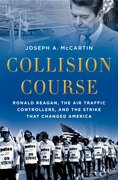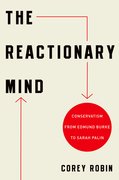Corporate influence on trade agreements continues
By Bill Wiist
As in many other aspects of the global economy, corporations continue to exert inordinate influence over aspects of trade agreements that control life and death, and the rule of democracy particularly in low and middle-income countries. Corporations are able to disproportionately influence provisions of trade agreements to a far greater extent than public health, labor, other citizen representatives, and low-income countries. Corporations are allowed greater access to the trade agreement development process. For example, in the U.S. the memberships of the advisory committees to the












